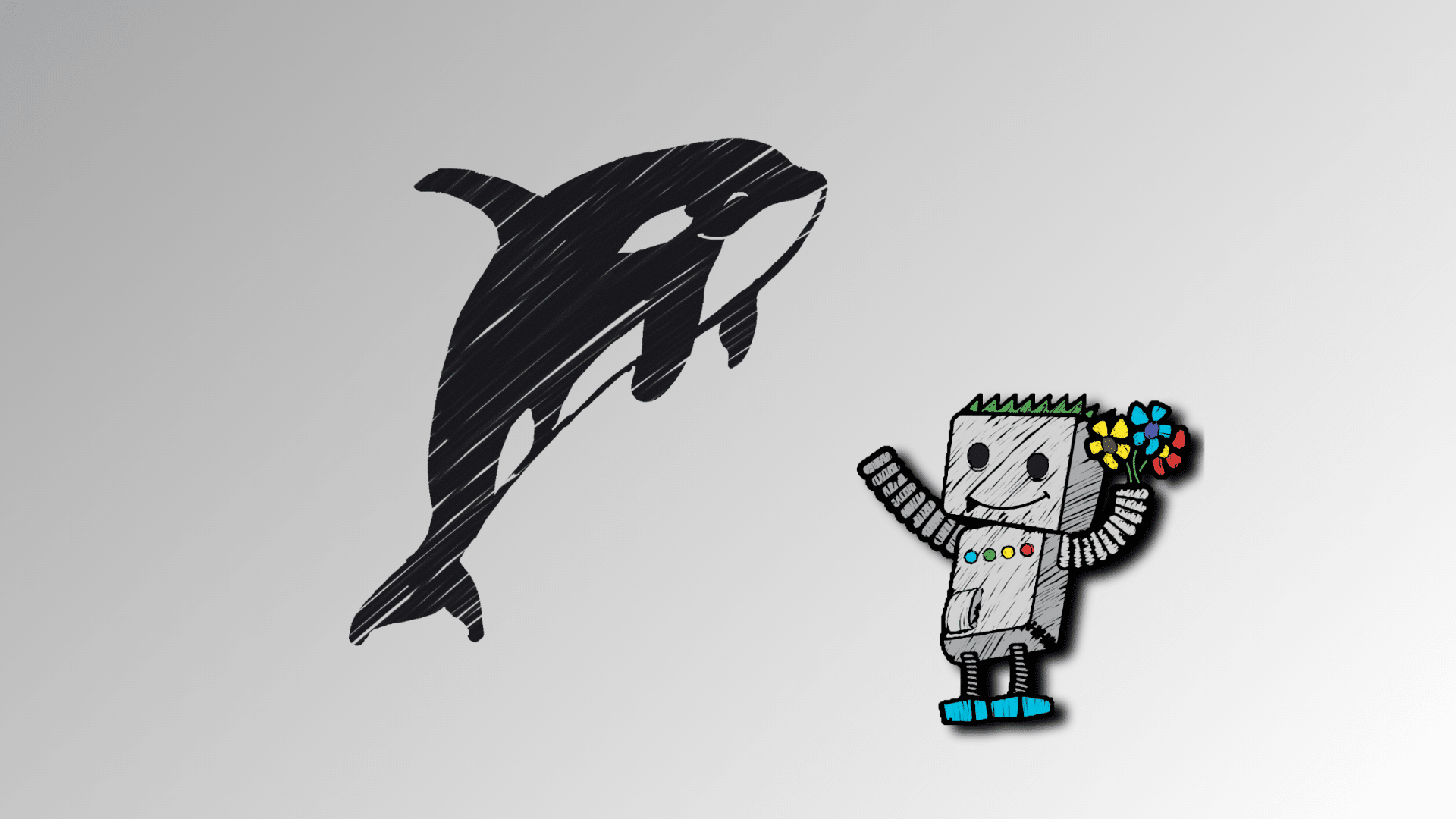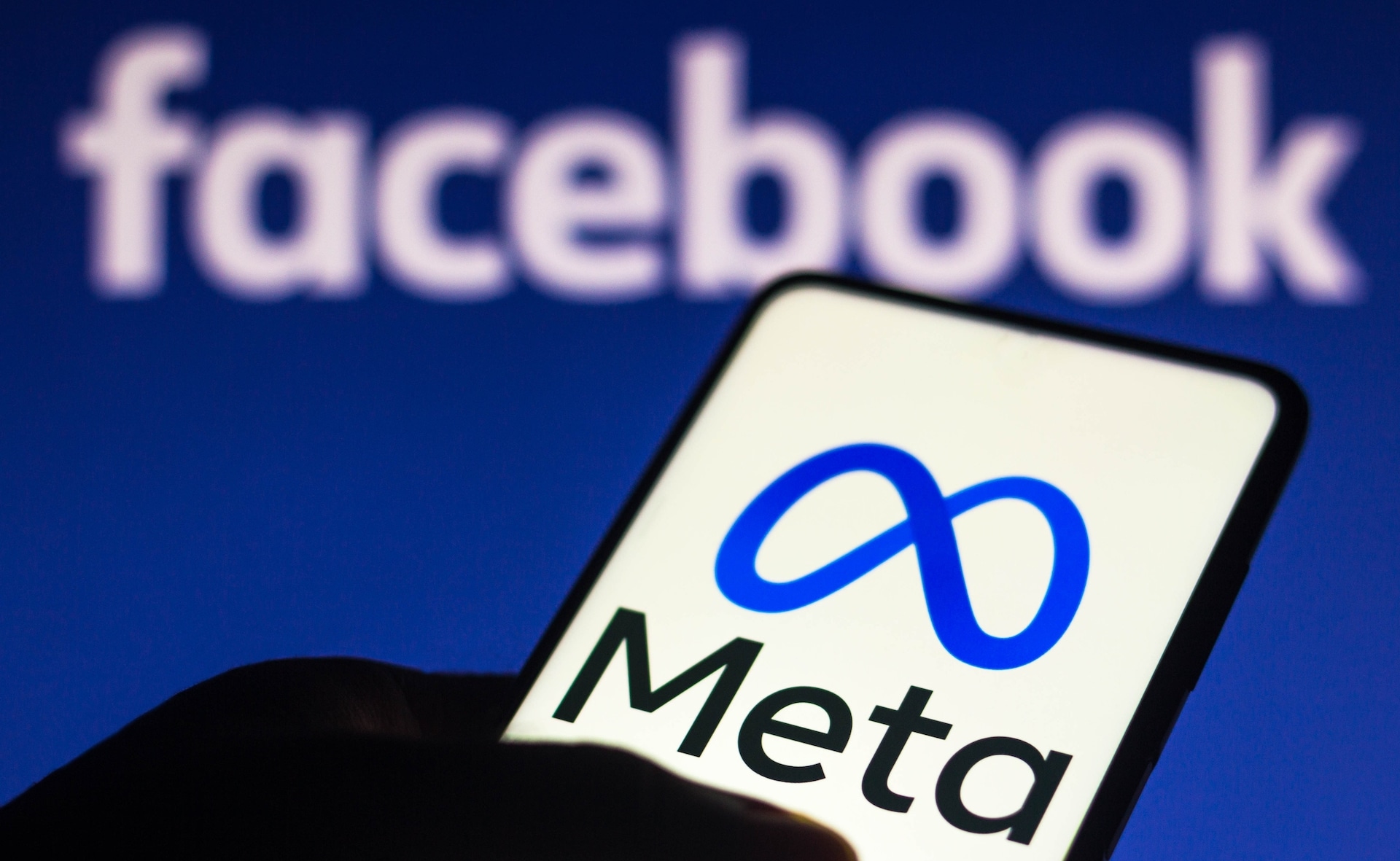The Killer Whale is back.
The latest Knowledge Graph update, released in March, continued the laser focus on person entities. It appears Google is looking for person entities to which it can fully apply E-E-A-T credibility signals and aims to understand who is creating content and whether they are trustworthy.
In March, the number of Person entities in the Knowledge Graph increased by 17%. By far, the biggest growth in new Person entities is people to whom Google is clearly able to apply full E-E-A-T credibility signals (researchers, writers, academics, journalists, etc.).
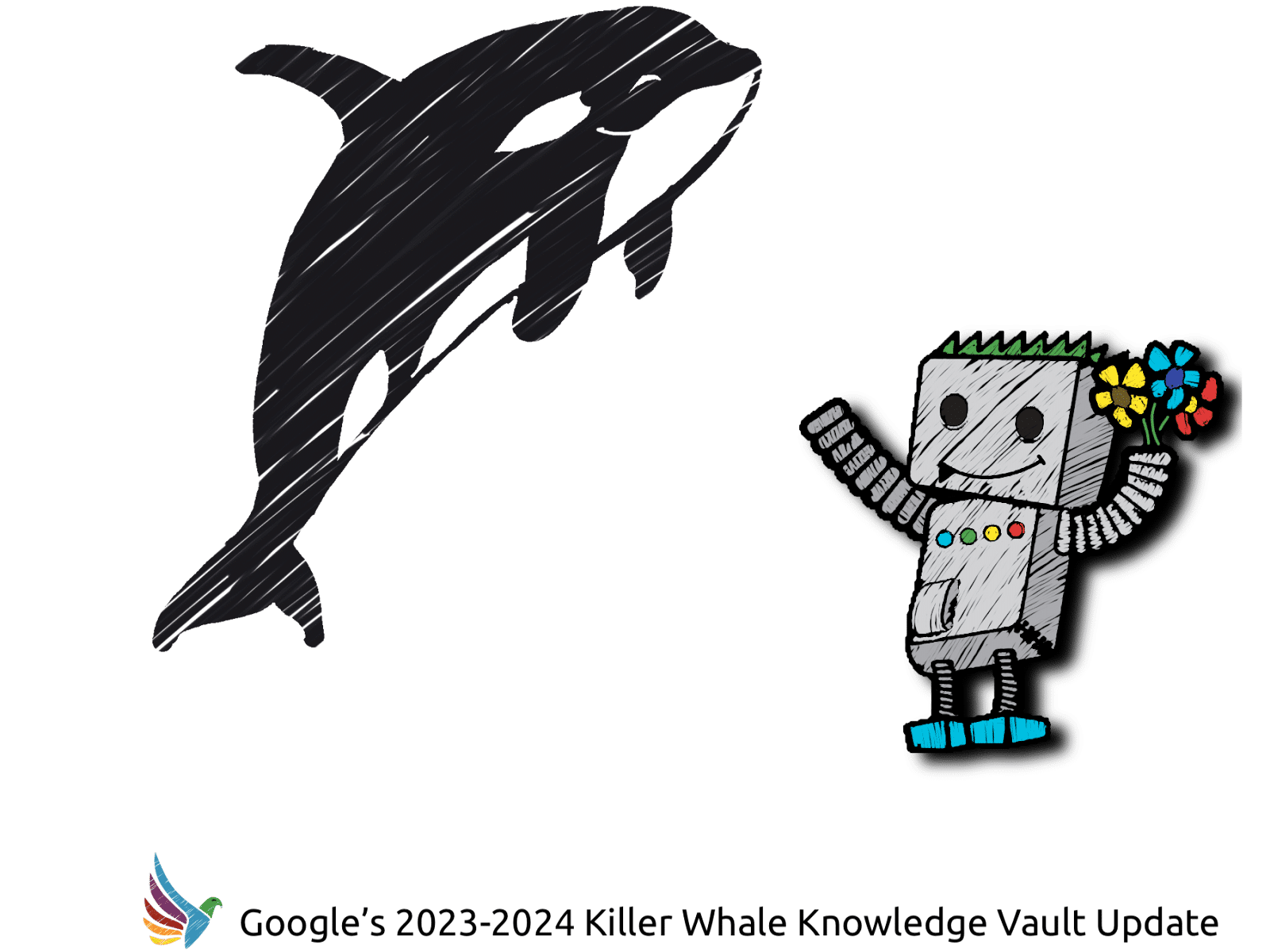
Reminder: The original Killer Whale update
The “Killer Whale” update started in July 2023 as a huge E-E-A-T update to the Knowledge Graph. The key takeaways from the July 2023 Knowledge Graph are that Google is doing three things:
- Accelerating the growth of the Knowledge Vault (starting with Person entities).
- Restructuring the Knowledge Vault to focus on important subtitles for user trust to improve the algorithms’ application of E-E-A-T signals.
- Rapidly sunsetting its dependence on Wikipedia and other human-curated sources.
We concluded that the March Killer Whale update was all about Person entities, focused on classification and designed to promote E-E-A-T-friendly subtitles.
The Knowledge Graph is Google’s machine-readable encyclopedia, memory or black box. It has six verticals and this article focuses on the Knowledge Vault vertical.
The Knowledge Vault is where Google stores its “facts” about the world. The Killer Whale update increased the facts and entities in the Knowledge Vault to over 1,600 billion facts on 54 billion entities, per Kalicube’s estimate.
What happened in the March 2024 Knowledge Graph update?
- The number of entities in the Knowledge Vault increased by 7.23% in one day to over 54 billion.
- Person entities in the Knowledge Vault increased by 17%.
- The biggest increase (+38 %) was among Person entities with E-E-A-T-friendly subtitles (researchers, writers, academics, journalists, etc.).
- The number of Knowledge Vault entries for Person entities using Wikipedia did not increase. That means all the new Person entities came from other trusted sources.
- Knowledge Panels for person entities increased by 2.55% and appeared in the SERPs immediately. This is a new phenomenon: the July 2023 Killer Whale update did not immediately affect Knowledge Panels in the SERPs.
- We estimate that between 15% and 25% of all Person entities in the Knowledge Vault are duplicates.
- 18% of new person entities tracked by Kalicube Pro that were added in the July 2023 Killer Whale update were deleted from the Knowledge Vault before the Return of the Killer Whale update. When an entity gets a place in the Knowledge Vault, there is a 1 in 5 chance it will be deleted – unless you continue working on your entity and its E-E-A-T credibility signals.
The Killer Whale update is all about Person entities
Between May 2020 and June 2023, the number of Person entities in Google’s Knowledge Vault increased steadily, which is in line with the growth of the Knowledge Vault overall.
In July 2023, the number of Person entities tripled in just four days. In March, Google added an additional 17%.
In less than four years, between May 2020 and March 2024, the number of Person entities in Google’s Knowledge Vault has increased over 22-fold.
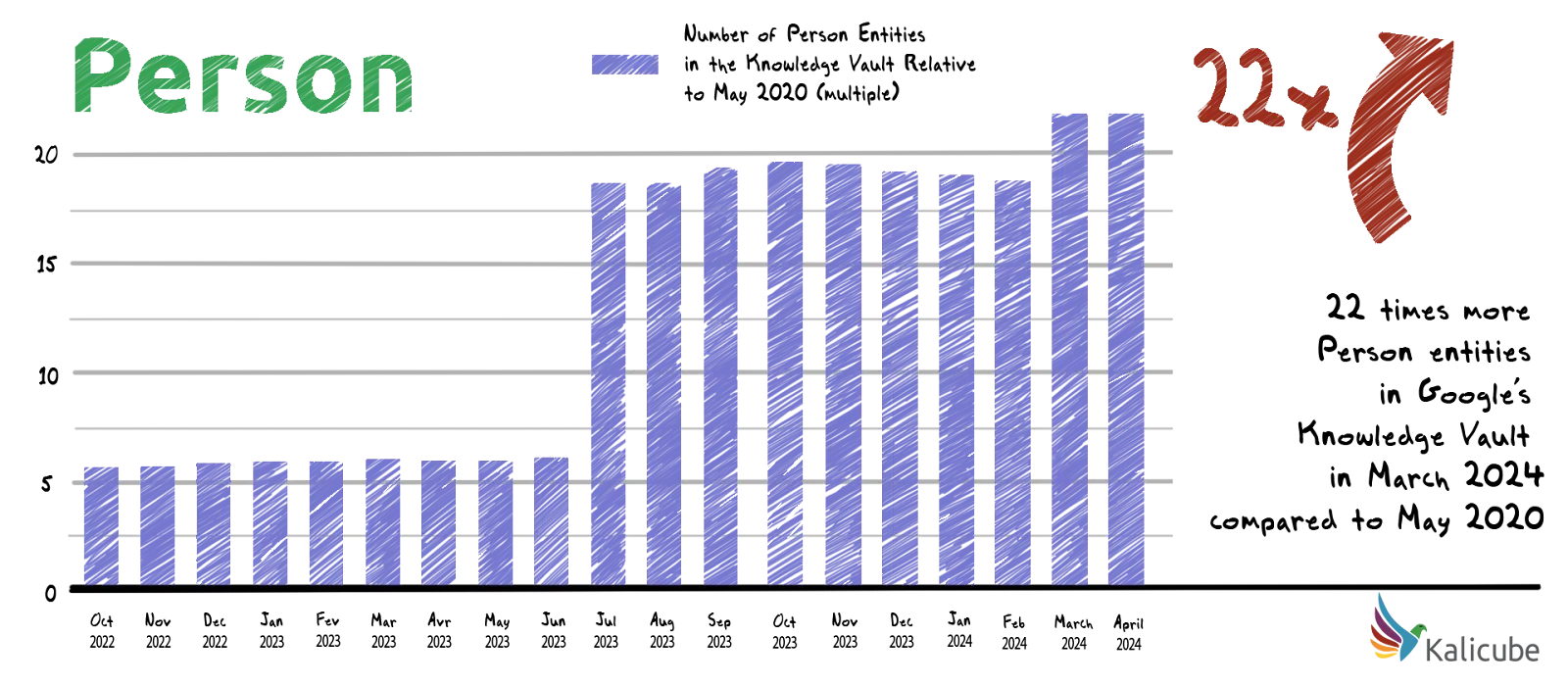

Between May 2020 and March 2024, the number of Corporation entities in Google’s Knowledge Vault has increased 5-fold. In the last year, however, the number of Corporation entities decreased by 1.3%.
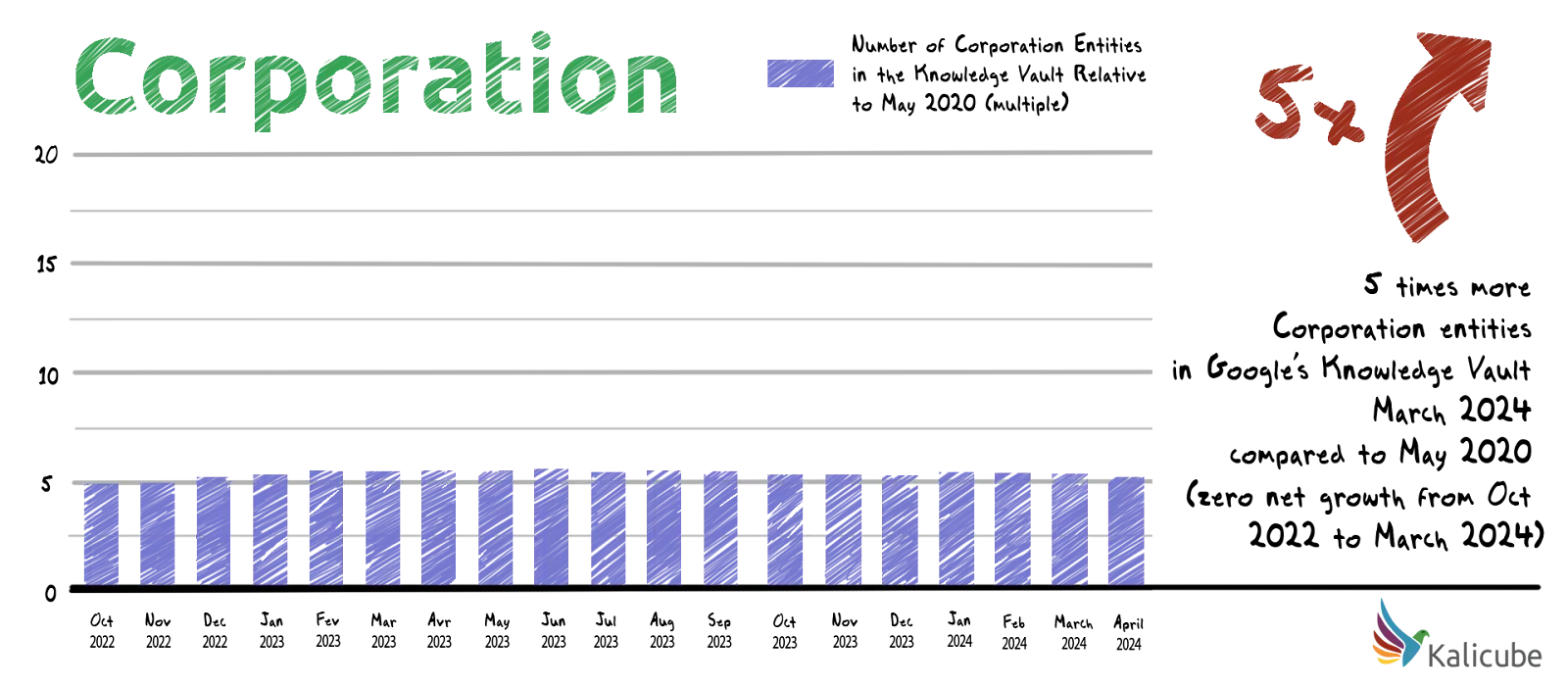

Google is focusing on Person entities to a stunning degree, almost exclusively.
Data: Kalicube Pro was tracking a core dataset of 21,872 people in 2020 and our analysis in this article uses that dataset. As of 2023, Kalicube Pro actively tracked over 50,000 corporations and 50,000 people.
Get the daily newsletter search marketers rely on.
Why is Google looking for people to apply E-E-A-T (N-E-E-A-T-T) signals to?
Google is looking for people. However, it specifically focuses on identifying people to whom it can apply E-E-A-T signals because it wants to serve the most credible and trustworthy information to its audience.
We use N-E-E-A-T-T in the context of E-E-A-T because our data shows that transparency and notability are essential in establishing the bonafide of a brand.
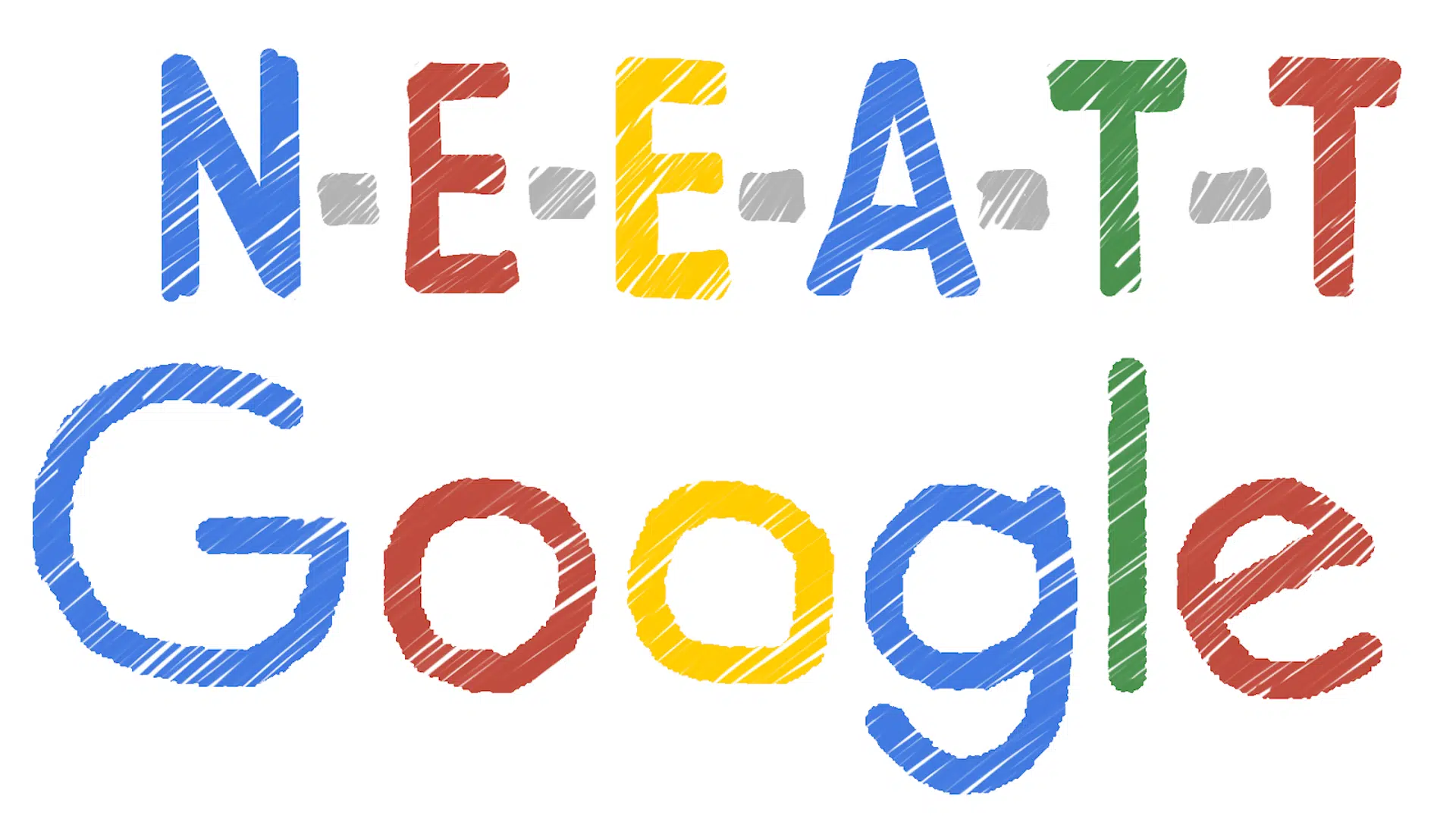

The types of people Google is focusing on are writers, authors, researchers, journalists and analysts.
In March, the number of people Google can apply E-E-A-T signals to increased by 38%.
You can safely ignore Wikipedia and other ‘go-to’ sources
Google added over 10 billion entities to the Knowledge Vault in four days in July 2023, then followed that up with another 4 billion entities in a single day in March.
At that scale, it is safe to assume that the Knowledge algorithms have now been “freed” from the shackles of the original human-curated, seed set of trusted sites (Wikipedia only has 6 million English language articles).
That means an entry in traditional trusted sources such as Wikipedia, Wikidata, IMDB, Crunchbase, Google Books, MusicBrainz, etc., is no longer needed.
They are helpful, but the algorithms can now create entities in the Knowledge Vault with none of these sources if the information about the entity is clear, complete and consistent across the web.
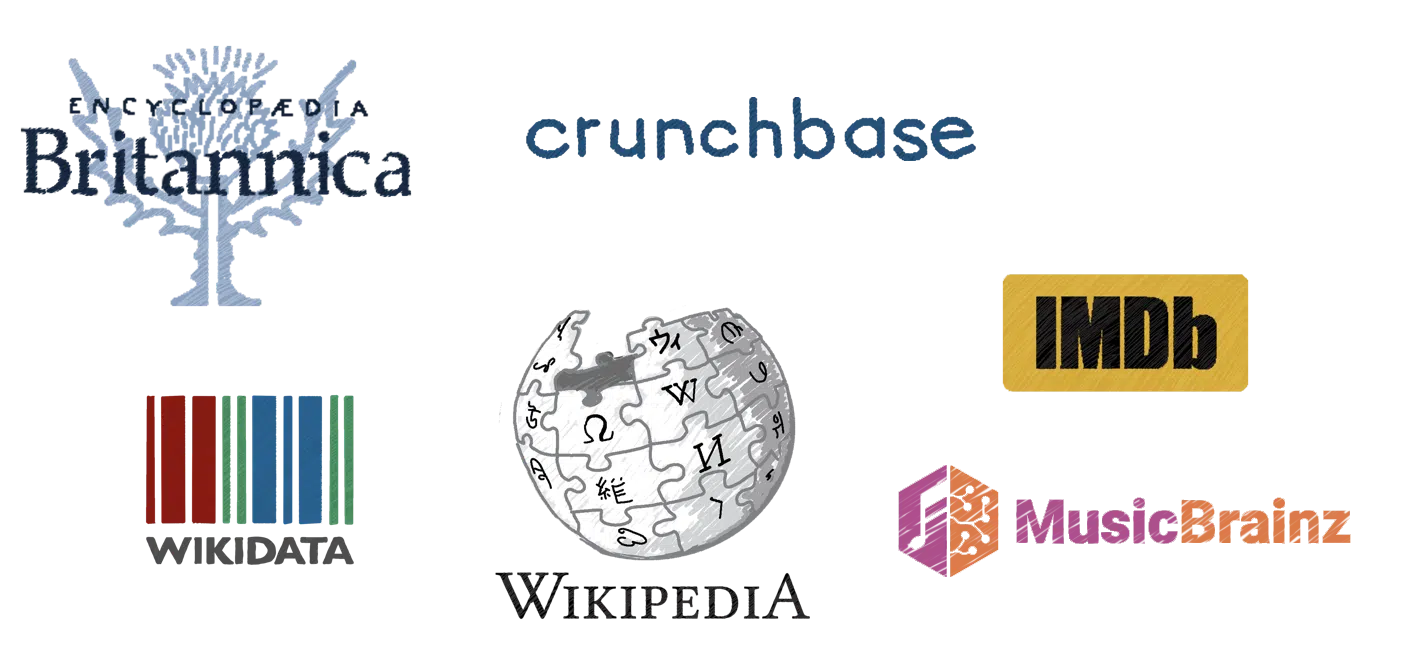

Anecdotally, I received this message on LinkedIn the other day
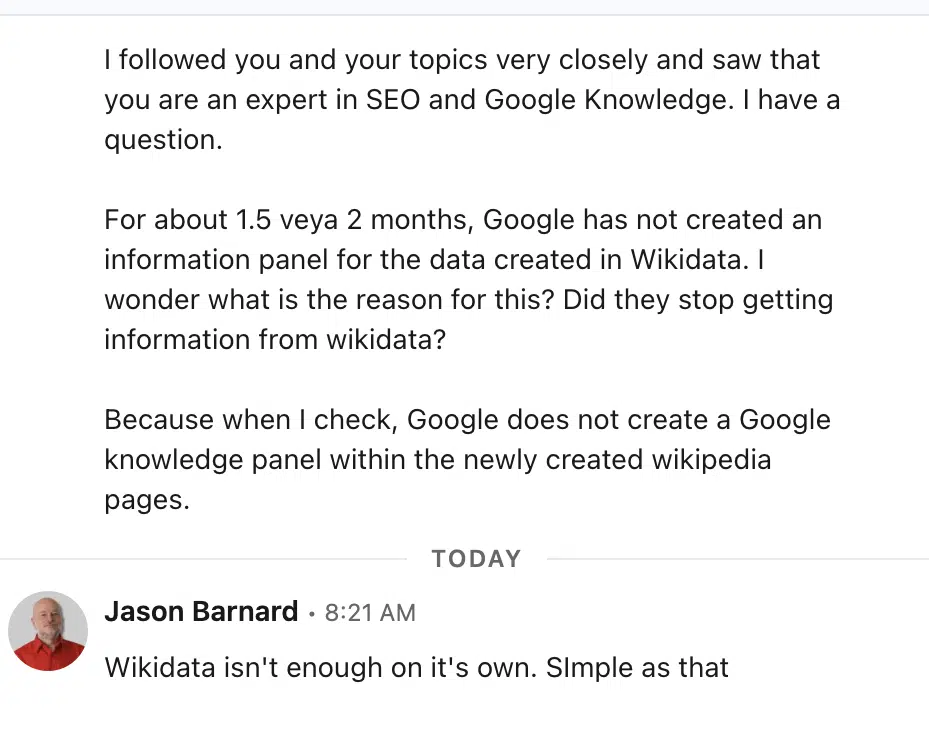

For a Person entity, simply auditing and cleaning up your digital footprint is enough to get a place in Google’s Knowledge Vault and get yourself a Knowledge Panel. Anyone can get a Knowledge Panel.
Everyone with personal E-E-A-T credibility that they want to leverage for their website or the content they create should work to establish a presence in the Knowledge Vault and a Knowledge Panel.
You aren’t safe (until you are)
Almost one in five entities created in the Knowledge Vault is deleted within a year, and the average lifespan is just under a year.
That should make you stop and think. Getting a place in Google’s Knowledge Vault is just the first step in entity optimization. Confidence and understanding are key to maintaining your place in the Knowledge Vault over time and keeping your Knowledge Panel in the SERPs.
The confidence score the Knowledge Vault API provides for entities is a popular KPI. But it only tells part of the story since it is heavily affected by:
- News cycles. (More news, the score goes up, then drops as the news cycle dies.)
- Google’s grasp of the multifacetedness of the entity. (For example, as it understands more about a person’s multiple careers, the score will likely drop.)
- Relationships with other entities. (The score of one entity will distort the score of its closest neighbors.)
In addition, Google is sunsetting this score. Much like PageRank, it will continue to exist, but we will no longer have access to the information.
As such, success can be measured by:
- Retaining a stable KGID in the Knowledge Vault over time.
- Not triggering duplicates of the entity (this splits and dilutes N-E-E-A-T-T credibility equity).
- Creating relationships with a large number of relevant related entities.
- Having an information-rich Knowledge Panel.
- Having an accurate Knowledge Panel.
You aren’t alone (but you want to be)
This update shines a light on entity duplication, which is a particularly thorny problem for Person entities. This is due to Google’s approach to the ambiguity of people’s names.
Almost all of us share our names with other people. I share mine with at least 300 other Jason Barnards. I hate to think how many John Smiths and Marie Duponts are there.
When Google’s algorithms find and analyze a reference to a Person, they assume this person is someone it has never met before unless multiple corroborating facts match and convince it otherwise.
That means a duplicate might be created if there is a factually inaccurate reference to a Person entity or the reference doesn’t have sufficient common traits with an existing Person entity.
If that happens, then any N-E-E-A-T-T credibility equity that references the duplicate is lost. This is the modern equivalent of link building but linking to the wrong site.
When will the next update be?
From our historical data, for the last nine years, the pattern for entity updates is clear: December, February (or March) and July have consistently been the critical months.
In each of the last five years, July has seen by far the most impactful updates.
Get ready. Our experience building and optimizing thousands of entities is that you need to have all your corroboration straight 6 to 8 weeks before the major updates. The next updates might be in July and December.
Google’s growing emphasis on Person entities in its Knowledge Graph
Looking at the data from the Killer Whale updates of July 2023 and March 2024, I am finally seeing the first signs that Google is actually starting to walk the talk of “things, not strings” at scale.
The foundation of modern SEO is educating Google about your entities: the website owner, the content creators, the company, the founder, the CEO, the products, etc.
Without creating a meaningful understanding in Google’s “brain” about who you are, what you offer and why you are the most credible solution, you will no longer be in the “Google game.”
In a world of things, not strings, only if you can successfully feed Google’s Knowledge Graphs with the facts will Google have the basic tools it needs to reliably figure out which problems you are best in the market to solve for the subset of its users who are your audience.
Knowledge is power. In modern SEO, the ability to feed the Knowledge Algorithms is the path to success.
Opinions expressed in this article are those of the guest author and not necessarily Search Engine Land. Staff authors are listed here.





